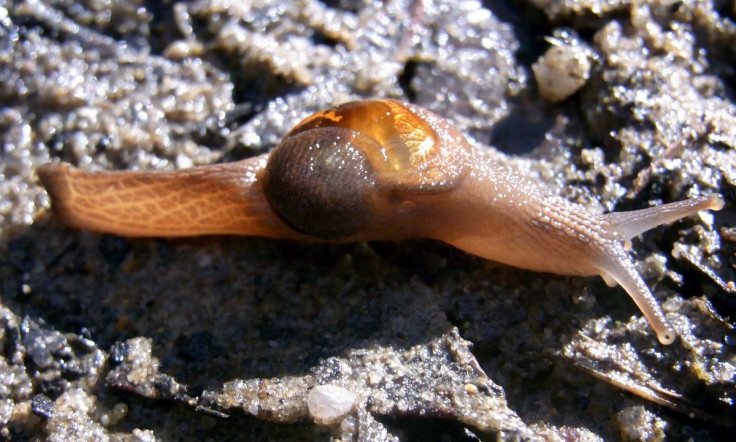Australian sea snails are better cancer-killers than chemotherapy: Chemicals in the snails kill 100% of drug resistant cancer cells

Researchers from the University of Wollongong (UOW) and Illawarra Health and Medical Research Institute (IHMRI) have found out that sea snails, found along Australia’s east coast, possess certain chemicals in their body that can incredibly fight cancer cells. Molecules in White Rock sea snail eggs not only can tackle normal cancer, but also uterine sarcomas and resistant lymphomas that require the painful chemotherapy.
Researchers believe that the molecules may prove instrumental in treating other forms of cancer as well, such as colorectal, prostate and breast cancers. When it comes to chemotherapy, scientists are nearly clueless as to how to deal with drug resistance. However, Dr. Kara Perrow was surprised to find that the chemicals in the snails, known as N-alkylisatins, killed 100 percent of the drug-resistant cancer cells in the lab and within 48 hours. The study was published in the journal Heliyon.
“These results are exciting because any new molecule that we discover has an effect on multi-drug resistant cells has major implications for improving survival in these patients and ultimately reducing relapse,” Perrow said in a UOW release.
Generally, what happens is that a patient may respond to initial chemotherapeutic drugs but will develop multi-drug resistance over time. This means the cancer will relapse eventually. Scientists are always trying to find new creatures and environments for compounds that can fight drug resistance. After looking at marine and ocean molluscs, the researchers were able to identify this hit compound in snails.
They were able to find the right mix by incrementally tweaking the sea snail's chemical compounds. This mix will be able to target drug-resistant cancer cells.
“You have to often spend years and a long time to get that sort of an increase in potency, we're currently now at about a thousand-fold increase in potency over the original natural product,” Associate Professor Danielle Skropeta told the ABC.
The scientists are now trying to make sure that the molecules are safe for injecting humans. They would be putting them into nanoparticles to make them non-toxic and safe for injection. Skropeta believes that the drugs can be made available for cancer sufferers in five to 10 years although that also depends on the funding received and human trials.
Source: YouTube/uownow





















